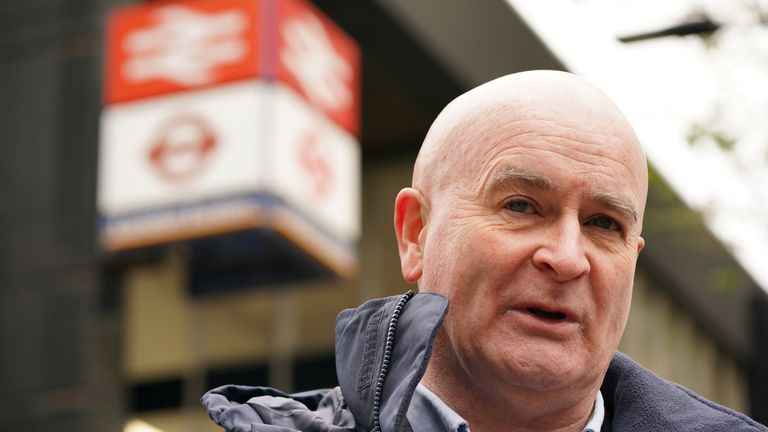Nearly half of women transport workers have been sexually harassed at work, according to a new survey.
The Rail, Maritime and Transport (RMT) Union questioned 1,400 female workers across rail, bus, metro and passenger ferry operations.
It found four in 10 have been victims of such distressing behaviour in the last year, with incidents including touching and grabbing without consent, and unwanted comments.
Despite that, 70% of those affected did not report the incidents because they felt their complaint would not be taken seriously.
And more than 80% of the women said sexual harassment on public transport is getting worse, the survey found.
“I have had numerous men stroke my bum as they pass by and that’s in the day. Of a night when they are drunk it’s worse, I’ve had a group of men grab me and say come on love sit on my knee,” one of the women quoted in the survey said.
Others said they were cat-called, touched, stared at, subjected to uncomfortable conversations, given unwanted compliments or had their pictures taken without their permission.
Responding to the survey, RMT’s general secretary Mick Lynch argued increased staffing and reducing lone working will help make women members feel safer.
Read more on Sky News:
Women in 30s on average £4,000 a year worse off since 2010, figures show
He said: “On the International day for the Eradication of Violence Against Women, this survey shows employers have much more to do in the public transport industry and the authorities in wider society, in tackling misogyny and harassment against women.
“I am grateful to all our women members who took part and shared their experiences some of which make for uncomfortable reading.
“RMT will always support our women members at work in combatting sexual harassment and hold employers to account for any shortcomings.”
Job cuts, as well as pay and conditions, were one of the focal points of RMT’s dispute with the train companies, which has led to prolonged strike action.
But the two sides have recently reached a deal that could bring the long-running disagreement to an end.
Plans for ticket office closures and job losses have been dropped as part of the agreement, Mr Lynch said, but it still needed to be voted on by the membership.

